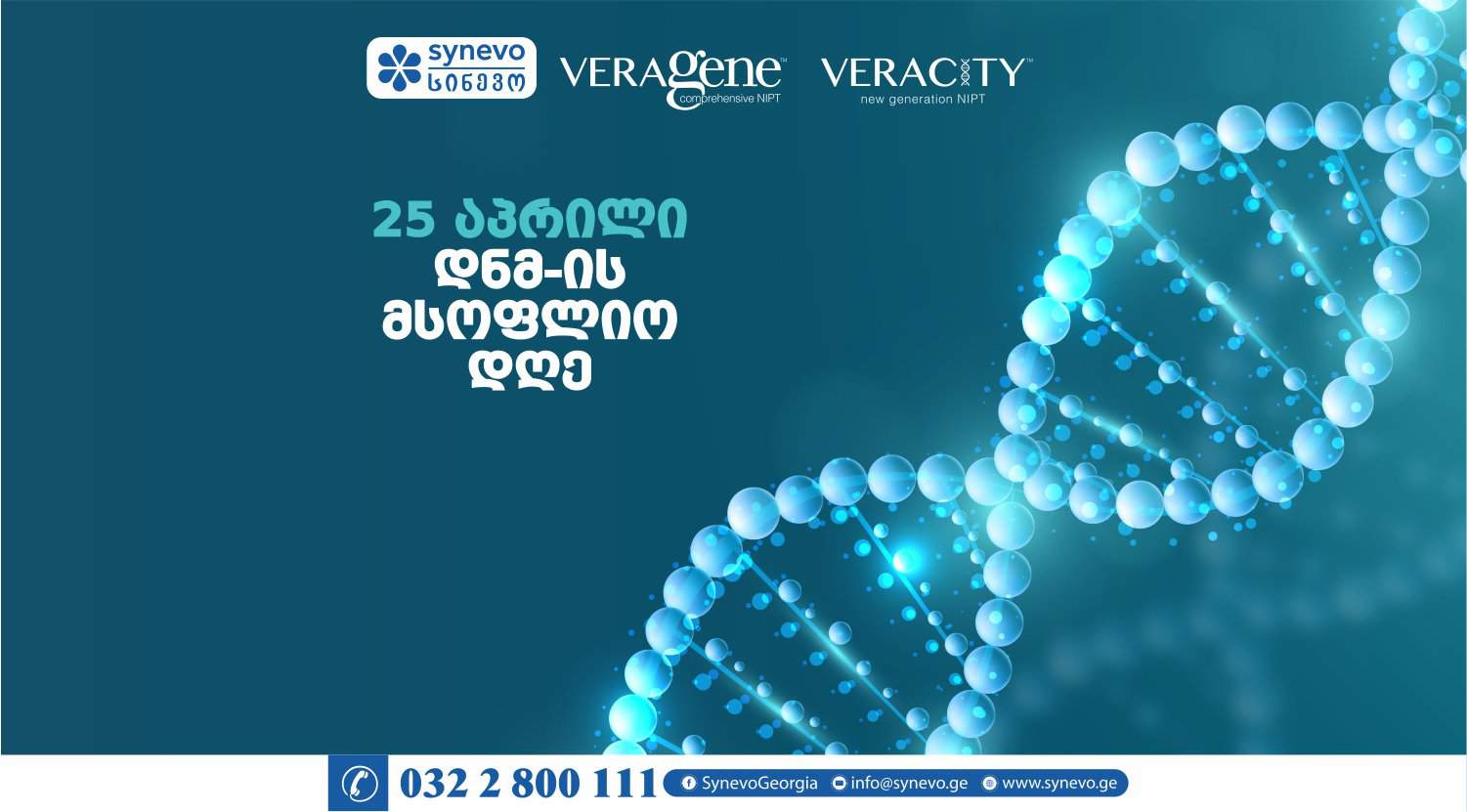
The site is temporarily down due to maintenance. Sorry for the inconvenience.
The site is temporarily down due to maintenance. Sorry for the inconvenience.
The site is temporarily down due to maintenance. Sorry for the inconvenience.
The site is temporarily down due to maintenance. Sorry for the inconvenience.
Quality & Accuracy
Experience
The latest technologies
Speed &
Credibility
₾14.00 Original price was: ₾14.00.₾12.60Current price is: ₾12.60.
Blood urea nitrogen Is nitrogen, which is included in the final products of protein metabolism, in particular, urea. It makes up about half of the residual nitrogen in the serum.
After the proteins used by the cells are broken down, the liver produces them Ammonia - which contains nitrogen. Nitrogen in ammonia binds to other elements such as carbon, hydrogen, and oxygen to form Urea, which is a chemical waste product. Urea travels from the liver to the kidneys through the bloodstream. Healthy kidneys filter it and eliminate it from the blood through the urine, along with other waste products.
Blood Urea Nitrogen (BUN) The test gives us important information about how well the kidneys are functioning.
This rate is directly related to the concentration of urea in the blood, its concentration does not exceed the normal range until the glomerular filtration rate falls below 40 ml / min (less than 50% of normal value).
No special preparation is required for the test.
The test should be performed on an empty stomach.
Venous blood
University Library Concentration increases:
University Library Concentration decreases:
https://spravochnik.synevo.ua/ru/klinicheskaia-himia/azot-mochevini.html
https://www.mayoclinic.org/tests-procedures/blood-urea-nitrogen/about/pac-20384821
Other tests
Testing process
|
Purchase a test |
Submission of material |
|
Results Online |
Consult a doctor |

More than 1000 routine and complex/specific diagnostic tests in all major areas of clinical pathology.

48 laboratory centers in 25 cities of Georgia: Tbilisi, Rustavi, Kutaisi, Batumi, Marneuli, Telavi, Zugdidi, Zestafon, Gori, Kobuleti, Akhaltsikhe, Khashuri, Sartichala, Kazbegi, Borjomi, Samtredia, Gurjaani, Lagodekhi, Akhmeta, Ozurgeti, Poti, Chiatura , Dusheti, Kareli, New Gudauri.

Use the Synevo web platform to view results from anywhere and anytime
Use the Synevo web platform to view results from anywhere, anytime
From Monday to Saturday you can use the laboratory services at home.
☎️ Hotline: 239 38 33 or 239 40 65
577293008 (9:00-დან 17:00-მდე)
30 laboratory centers in 11 cities of Georgia: Tbilisi, Kutaisi, Batumi, Kobuleti, Zugdidi, Zestaponi, Rustavi, Marneuli, Akhaltsikhe, Telavi, Gori.
More than 3000 routine and complex / specific diagnostic tests in all major areas of clinical pathology.

"Synevo" - Providing a wide range of diagnostic services in Georgia, offering more than 1,000 routine and specific diagnostic tests in all major areas of clinical pathology. By the end of 2023, the Synevo Georgia network will include 3 clinical laboratories and 47 blood sampling units, which will perform more than 300,000 tests.
Contact information
Address: Tsinandali St. N9 (N1 Clinical Hospital area)
2021 – 2023 © Synevo. all rights reserved